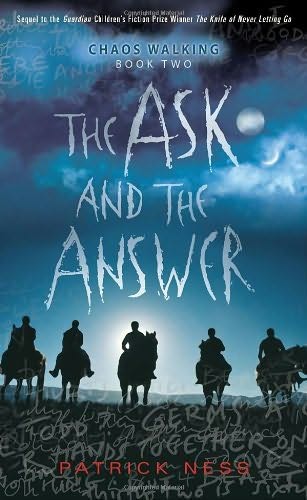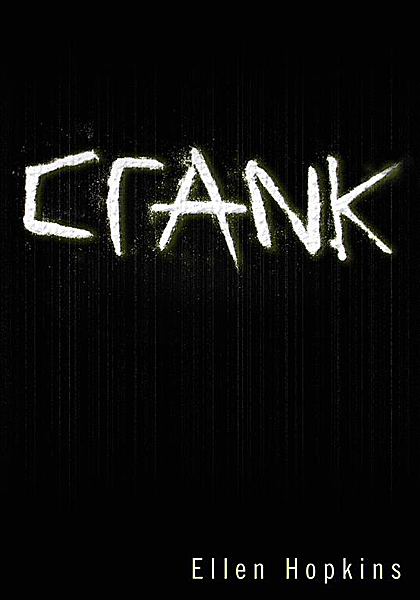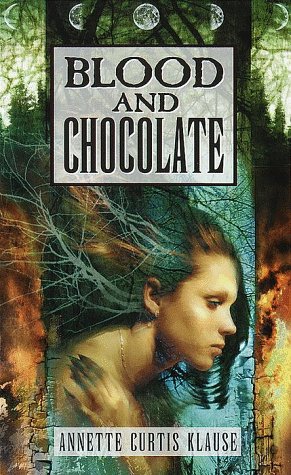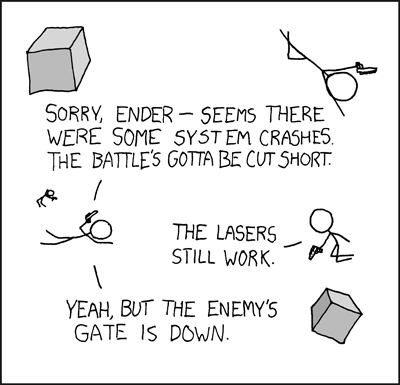The Night World isn't a place. It's all around us. It's a secret society of vampires, werewolves, witches, and other creatures of darkness that live among us. They're beautiful and deadly and irresistible to humans. Your high school teacher could be one of them, and so could your boyfriend.
The Night World laws say it's okay to hunt humans. It's okay to toy with their hearts, it's even okay to kill them. There are only two things you can't do with them.
1. Never let them find out the Night World exists.
2. Never fall in love with one of them.
These are stories about what happens when the rules get broken.
Hear that? That's the sound of a shiver going up my spine. For the newbies: I love L. J. Smith! With an undying passion that hails from my early teen years. Recently I bought all the original Night World paperbacks to reread before Strange Fate is finally released (July 6)--and I just checked, and they're all first editions, yippee! How awesome are the covers?
 Night World #1: Secret Vampire (1996)
Night World #1: Secret Vampire (1996)The pain was something Poppy couldn't ignore. The diagnosis was death. There was no hope--until James appeared in the darkened hospital room. James, her best friend and secret love, the handsomest boy in El Camino High. But this was a James she didn't know, menacing and yet irresistible as he offered Poppy the gift of eternal life. Only he could open the door to the Night World, and spirit her into its lonely, secret universe. One dizzying kiss and she can see into his soul. She finds that he has always loved her. They're soulmates--but can she follow him into death ... and beyond? It's a desperate choice, and Poppy's time is running out.
Secret Vampire I read umpteen times as a teenager--because I owned it, not because it was my favourite of the series--so I'm reviewing it from memory. It starts rather bluntly:
It was on the first day of summer that Poppy found out she was going to die.
Smith has wonderful economy when it comes to words. She establishes character and setting with just a handful of sentences, laces them with some clipped dialogue and the odd adverb and you're on your way. (That's right, she's not afraid of the dreaded adverb, and she makes it work, too.) She's got to squeeze multiple points of view, characters falling in love, "the realisation" moment and a good dose of Night World danger into just over 200 pages.
Sercret Vampire is the perfect place to start this ten-book series: two main characters, two rules to break, two big reasons to break them. Poppy has to deal with the fact that vampires, werewolves and witches are real, the boy she's loved forever is Lamia (a born vampire) and whether she wants to die or live as a vampire. James has his work cut out for him keeping her transformation a secret otherwise they'll both be executed. That's what adds the spice of danger to these books: the laws enforced by the Elders. It's always teenagers (or two hundred-year-old vampires who look like teenagers) breaking the rules, which gives it this high school-with-death feel. But no boring classes getting in the way of mind-melding and blood drinking and romantic pink hazes.
This is a cute, romantic, slightly predictable but entertaining introduction to the Night World. It's worth reading these books in order as characters often reappear in later books. An important character is introduced late in Secret Vampire. His name is Ash and he is Lamia, and as fundamental about the Night World rules as they come. Humans are vermin, werewolves are second class citizens and so on. Plus, he gets off on tormenting girls and is whole-heartedly in favour of execution for the rule-breakers. Bad news for Poppy, right?
Keep Ash in mind as we turn to ...
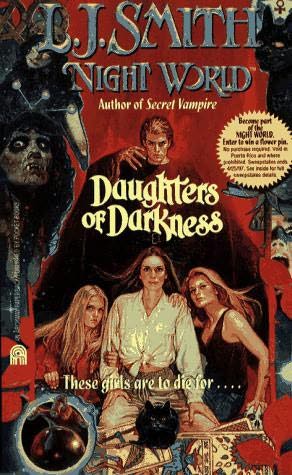 Night World #2: Daughters of Darkness (1996)
Night World #2: Daughters of Darkness (1996)There's something strange about the new girls in town. Briar Creek, Oregon, has never seen anything like the supernatural grace of Rowan, Kestrel, and Jade, three sisters who move into the dilapidated old house next to Mark and Mary-Lynette Carter. Mark is obsessed with Jade--but she and her sisters have a secret. And when Mark and Mary-Lynette follow them into the woods one night, they are plunged into a nightmare beyond their imagination. Because the sisters are fugitives from the Night World, and their brother Ash is hot on the trail behind them. He's ruthless, gorgeous, and he has orders to bring the girls back at all costs. And when he sees Mary-Lynette, he decides to take her, too ...
Daughters of Darkness is a whodunnit as well as a paranormal romance. Someone's killing great-aunts and torturing goats in this small town, and Mary-Lynette is going to find out who. The three sisters are on the run from an Night World enclave on an island that sounds like a Fundamentalist Church of Jesus Christ of Latter Day Saints sect: quaint dresses, arranged marriages and few outside influences.
And then Ash pops up. What an arsehole! Blustering about being the head of the family, sisters must obey him, blah blah blah. There's scope for some massive character development here. And look--who turns out to be his soul mate? Guess, just guess! Ooh it's too delicious ... Soul mates in L.J. Smith books means soul mates. It's inescapable, which means very little time is devoted to the characters actually falling in love. They touch, and BAM! You can't criticise any of Smith's books for saying that a pair fell in love too quickly and too easily, because in the worlds she creates, that's the way love works. Which means that we can just get on with the story--and I must say this is rather refreshing. (But characters can resist being soul mates, which is one of the juiciest Night World character arcs.)
In fact, I can't criticise these books at all. They move along at a fair clip, the characters act in believable ways and say things that should be said, when they should be said--none of this infuriating pussyfooting around subjects in order to drag tension out that lesser authors revert to. Not once while reading these books do I feel like tearing my hair out and shouting at the heroine "Just ask this question! Now!" or "Why on earth do you think that you stupid cow? Get with the program!" L.J. Smith prides herself on writing strong female leads and that's what she delivers. They might all be devastatingly beautiful, but they aren't dumb, and they get things done.
Night World books are top trash, beach pop-corn, pure entertainment.
See you in 2010.











